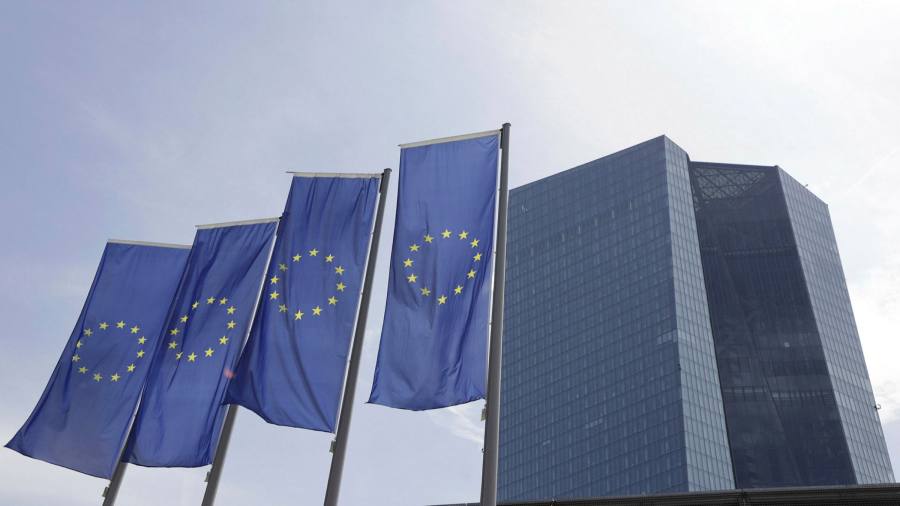My son and daughter-in-law got married in a courthouse and then later went to some island to have a wedding ceremony just for them. After they got home, my new daughter-in-law set up a reception where the bride got 25 people and the groom got 25 people to attend. So a lot of my son’s relatives did not get invited.
A few months later, my daughter-in-law calls me for the addresses of my son’s relatives to send them wedding announcements hoping to get money from them, even though they were never invited to the wedding reception. I told her it was not right for her to do that. What are your thoughts?
Oh and one more thing: Initially, my husband and I were invited to witness their marriage at the courthouse, but since the bride’s mother got sick and was unable to attend, our daughter-in-law asked us not to attend either. I was very hurt.
-S.
Dear S.,
This isn’t about wedding announcements and money, is it? The hurt you feel is completely understandable. You wanted to share in the joy of your son’s wedding. You were shut out at the last minute, but now your son and his bride want your help in shouting their joy to the world via wedding announcements.
I’m curious about whether your daughter-in-law actually said she wanted to send out wedding announcements in hopes of getting money out of relatives. Or are you inferring that if she’s sending out wedding announcements, it must be a blatant money grab?
Wedding announcements aren’t usually intended as a way to beg for cash. They’re supposed to be sent to people who didn’t attend the wedding or reception, but who still might be pleased to learn of a couple’s nuptials. That includes both those who weren’t able to attend, as well as those who didn’t make the guest list. But the consensus in wedding etiquette land is that it’s inappropriate to mention gifts of any kind on a wedding announcement.
So it’s entirely appropriate and expected that your daughter-in-law would send wedding announcements to people who weren’t invited to the reception. It’s fine if she’s secretly hoping recipients will respond to the announcement by sending cash, as long as she’s not asking for gifts or including a link to the wedding registry. Of course, some people will interpret a wedding announcement as money grubbing.
Part of the problem with wedding etiquette is that we’re often adapting centuries-old rules to 21st century life. Honestly, I can’t really see why sending wedding announcements via snail mail is necessary at all in an era when we can’t escape from the Instagram wedding hashtags of people we’ve met twice.
But back to what I think is the real issue, which is the fact that your son and daughter-in-law asked you not to attend their wedding. Unless you’re leaving out key details, their reasoning sounds childish at best. Your daughter-in-law was no doubt saddened that her mom couldn’t attend her wedding, but that was no reason to compound the sadness by asking you and your husband not to attend. Life comes with disappointments. I don’t think the recipe for a happy marriage is to make sure each spouse experiences the weight of every disappointment equally.
That said, marriage brings together two families who often have two different sets of values. What you or I may consider hurtful or rude may be completely normal in another family, and vice-versa. So I think you need to have a conversation with your son and your daughter-in-law together.
Try explaining how you feel about both the wedding announcements and the courthouse ceremony without casting judgment. Rather than saying that sending wedding announcements is “not right,” try something like, “I’m uncomfortable with the idea of sending wedding announcements to people who weren’t invited to the festivities. I don’t want people to feel pressured to give money, so I’m not going to get involved.”
You’re not casting a judgment here. You’re simply drawing a boundary about what you’re willing to do. Surely, between Google and social media, your daughter-in-law doesn’t need your address book to spread the word about her nuptials.
But the much bigger conversation you need to have is about being cut out of the wedding. Again, don’t try to assign any nefarious motives. Say that you understand why they were disappointed that your mother-in-law couldn’t attend, but that you were hurt over their request.
Obviously, there’s nothing they can say that will undo what transpired on their wedding day. And it may be that they stand behind their actions. But at the very least, you’ll clear the air and send a message about how you want to be treated moving forward.
Robin Hartill is a certified financial planner and a senior writer at The Penny Hoarder. Send your tricky money questions to AskPenny@thepennyhoarder.com.
This was originally published on The Penny Hoarder, which helps millions of readers worldwide earn and save money by sharing unique job opportunities, personal stories, freebies and more. The Inc. 5000 ranked The Penny Hoarder as the fastest-growing private media company in the U.S. in 2017.
Credit: Source link














